Understanding Medical Communications and its Importance
Medical communications encompass the study of science, healthcare, pharmaceutical, and biotechnology knowledge and data to different audiences. The medical field provides information about the recent developments in a specific disease field, clinical trials, and health economic studies.
Essentially, the delivery of medical communications programs promotes scientific exchange among physicians, pharmacists, hospital staff, and other stakeholders in the sector, such as investors, formulary decision-makers, and patients. Medical communications should provide an engaging message that elevates pharmaceutical companies and their products across the lifecycle of their brands. It includes only evidence-based and scientifically backed information. The content is structured to provide new knowledge and updates to different stakeholder audiences across a variety of platforms and networks.
Medical agencies are skilled communicators that are often mindful of ethical practices and have a thorough understanding of healthcare. Continuous education is essential for medical practitioners in academic and professional fields to stay updated on the latest advances to provide the best healthcare services.
What do medical communicators deliver?
- Medical and scientific journal articles
- The updated study material for healthcare professionals and students
- Document healthcare policies and appropriate protocols for government organizations
- Medical brochures, long-form informative medical articles, news updates, blogs, and publish medical books for the general audience to create awareness
- Assist researchers and scientists in writing relevant medical research papers or thesis
- Provide marketing strategies and materials for pharmaceutical giants in the business
What is a Medical Communications Agency?
A medical communications agency offers pharmaceutical firms and other healthcare-related businesses with specialized healthcare communications and marketing strategies. They counsel pharmaceuticals on better educating a specific target group on the advantages and dangers of a new therapy or new medicine. They also provide strategic consulting to brand teams on creating responsive and well-informed audiences during the lifecycle of a newly created product.
Typically, these agencies provide consultations with in-depth analyses of the environment, including looking at diseases, treatment-specific literature, and other publicly accessible knowledge. All this only to provide accurate information and create awareness. With the help of these insights, medical agencies work with their client partners to develop compelling scientific content based on data provided by the client’s study programs. They assist them in delivering the content through experts, clinicians, and the wider healthcare community.
In a nutshell, a medical communication organization assists pharmaceutical companies in communicating clinical evidence to the targeted individual, in an effective manner, at the right time while also ensuring that the content is supported by key opinion leaders(KOLs).
Services provided by Medical Communications Agencies
Strategy Planning and Development
One of the major tasks is to identify medical communications gaps and priorities by in-depth evaluations. They develop an overall plan to promote real evidence and motivating behavior improvement for assets and brands. Usually, the strategies include commercial development, virtual meetings and events, competitor analysis, and brand positioning ideas.
Expert Engagement and Management
They create and deliver compelling stories across the required platforms to influence audience behavior and drive commercial results. With new scientific advances and more knowledge continuously being applied to medicine, enterprises must efficiently convey information. Building meaningful and strong relationships with opinion leaders is something that agencies work with to help clients support their patient communication programs.
Publication Planning, Development, and Submission
The agency’s responsibility is to provide well-written, readable, and scientifically sound medical information to expert healthcare practitioners, patients, and other targeted audiences. According to their requirements, a medical communications organization also offers exceptional research publication services to doctors, hospitals, and clinics.
Medical Education
Agencies employ highly skilled research teams, learning experts, and multimedia designers who transform complex scientific expertise into instructional and technical communications. Whatever the training needs are, their in-house team of medical writers, learning consultants, and media producers will develop a plan to meet them.
Internal Communications and Training
Agencies encourage businesses to assess and improve the effectiveness of their digital learning campaigns. Integrating machine learning and online resources allows for a more thorough assessment of clients. By scaling internal programs efficiently, it benefits in cost-effective and smooth virtual delivery.
With fierce competition in the industry, pharmaceutical and healthcare companies need to stay ahead in the game. With the ongoing global pandemic, health regulations are becoming tighter, the economy is becoming harder, and healthcare prices are increasing internationally. The most effective communication plans ensure that accurate information is delivered to the right target audience.
During these extremely challenging times, successful medical communications are the need of the hour. It can help with scientific and medical exchanges and ensure professionals involved in the healthcare sector are up to date on the latest developments and innovations.



